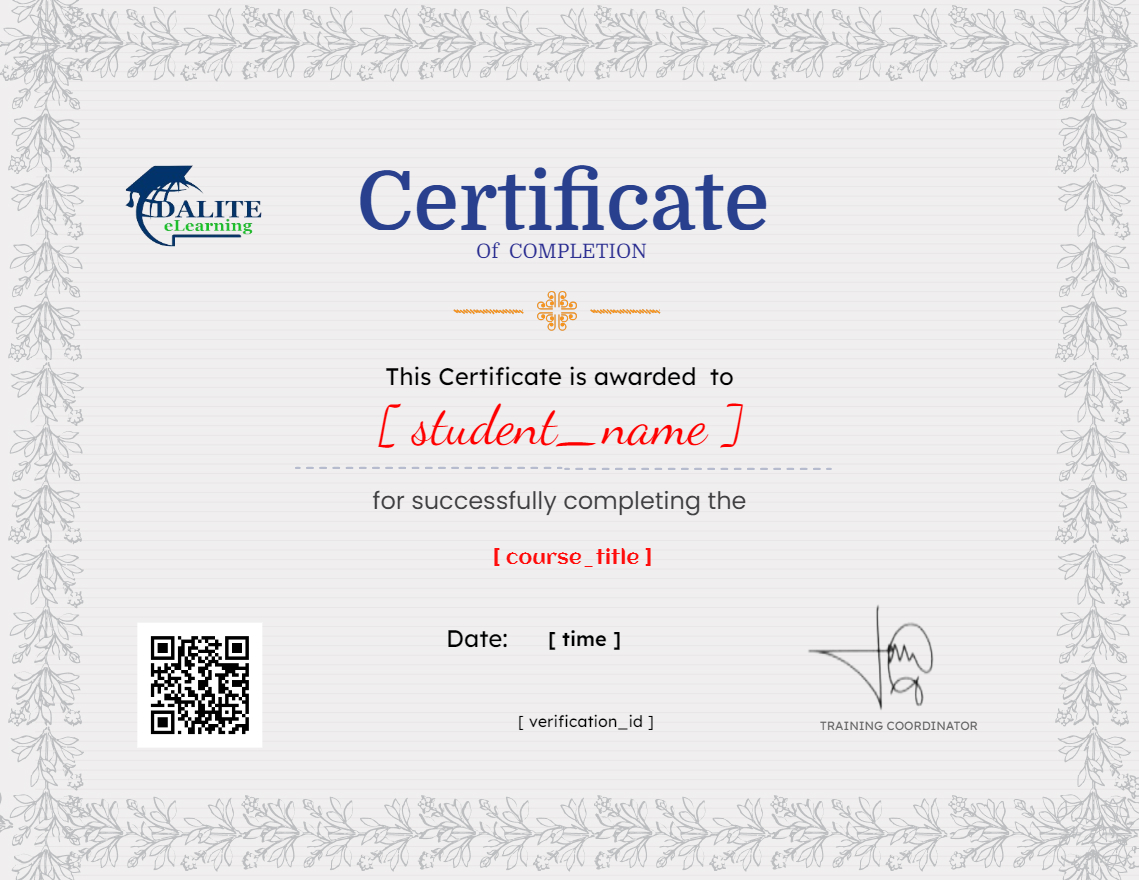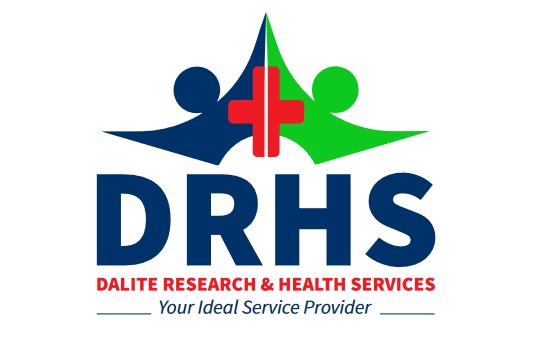About Course
🎓 Applied Human-Centered Design is a powerful, practical course for innovators, educators, creators, and changemakers ready to solve real-world problems through empathy, creativity, and systems thinking.
You’ll learn step-by-step how to apply design thinking, create user personas, prototype impactful solutions, and measure success in complex systems. From the foundations of HCD to designing for public services in developing countries and beyond, this course blends theory with hands-on practice.
Whether you’re a student, designer, NGO leader, or entrepreneur, this course equips you with skills to create meaningful impact.
💡 Enroll today and start designing with purpose!
Course Content
Foundations of Human-Centered Design
-
Introduction to Human Centered Design
09:24 -
Applied Human design progressive student assignment
Understanding Human Needs
The Design Thinking Process
Prototyping and Testing
Systems Thinking and Design Contexts
Measurement and Impact
Applied Human-Centered Design in developing countries
Earn a certificate
Add this certificate to your resume to demonstrate your skills & increase your chances of getting noticed.

Student Ratings & Reviews


